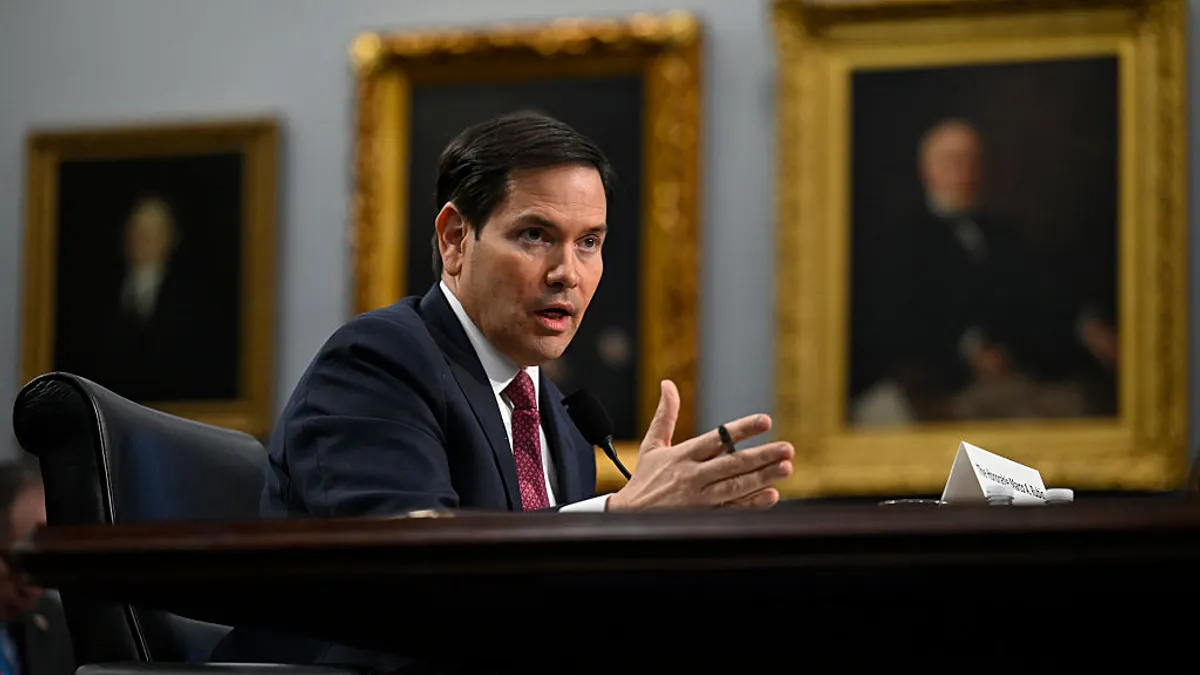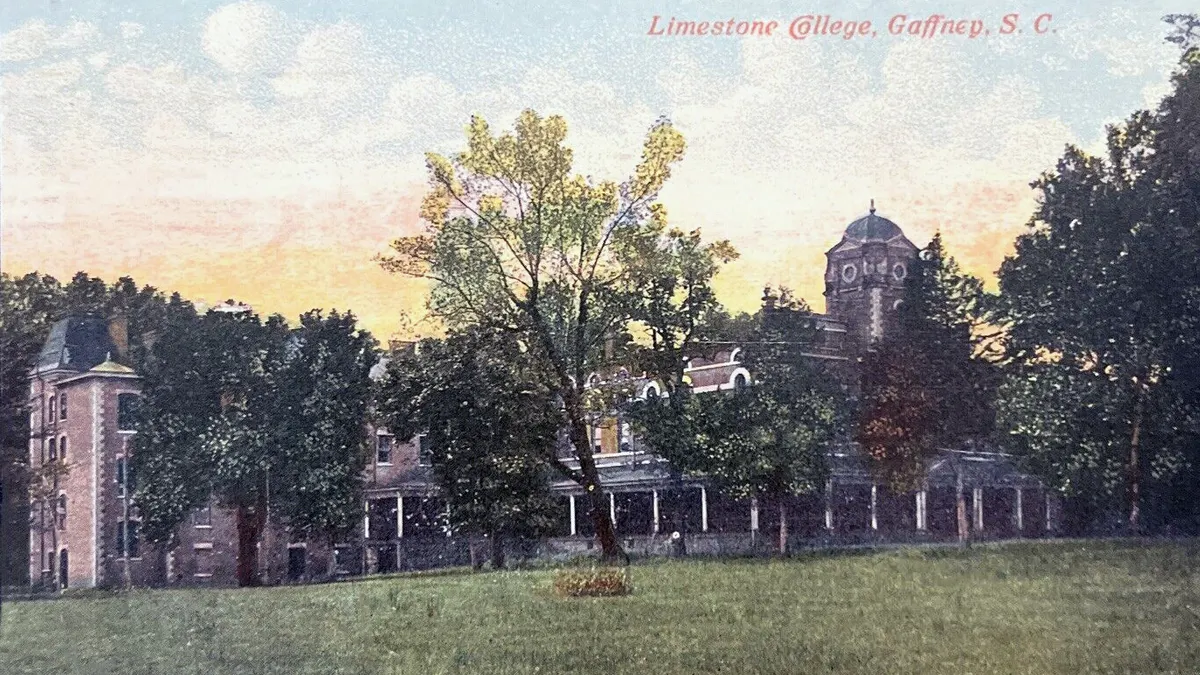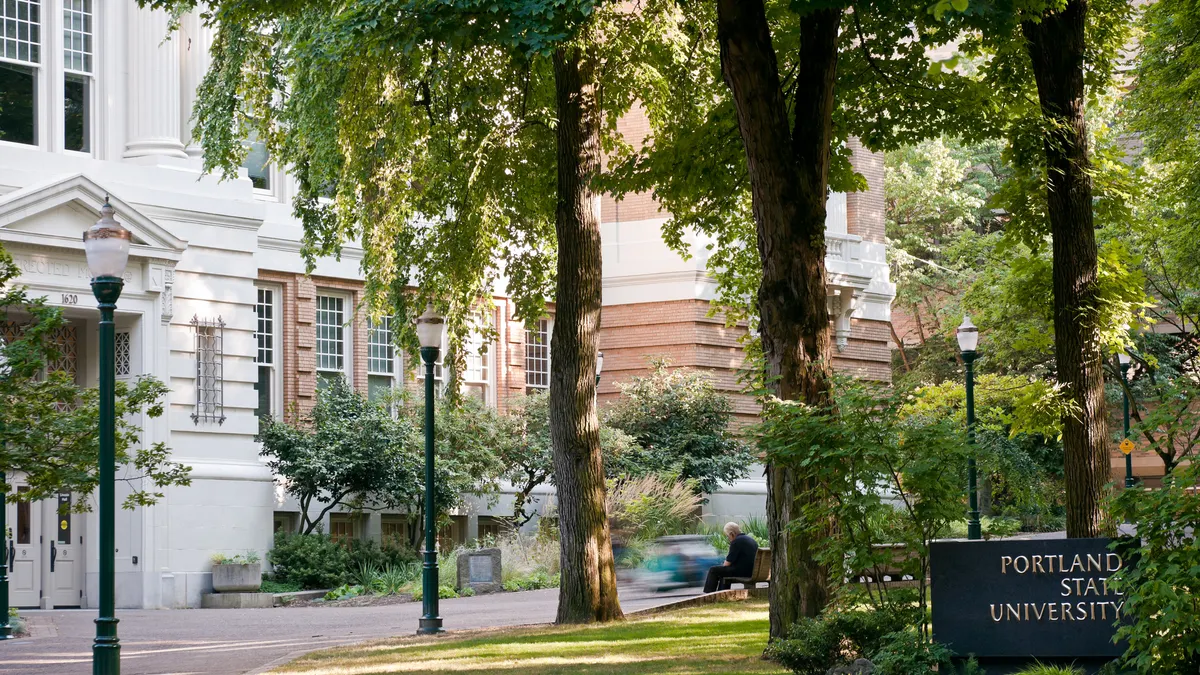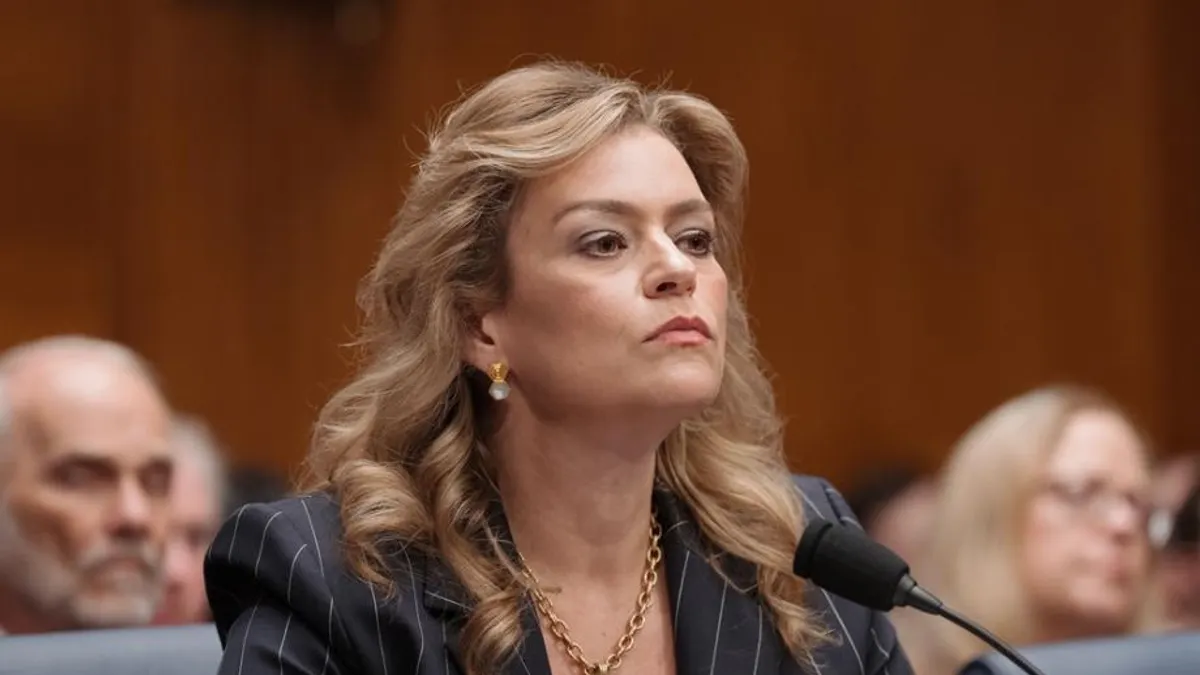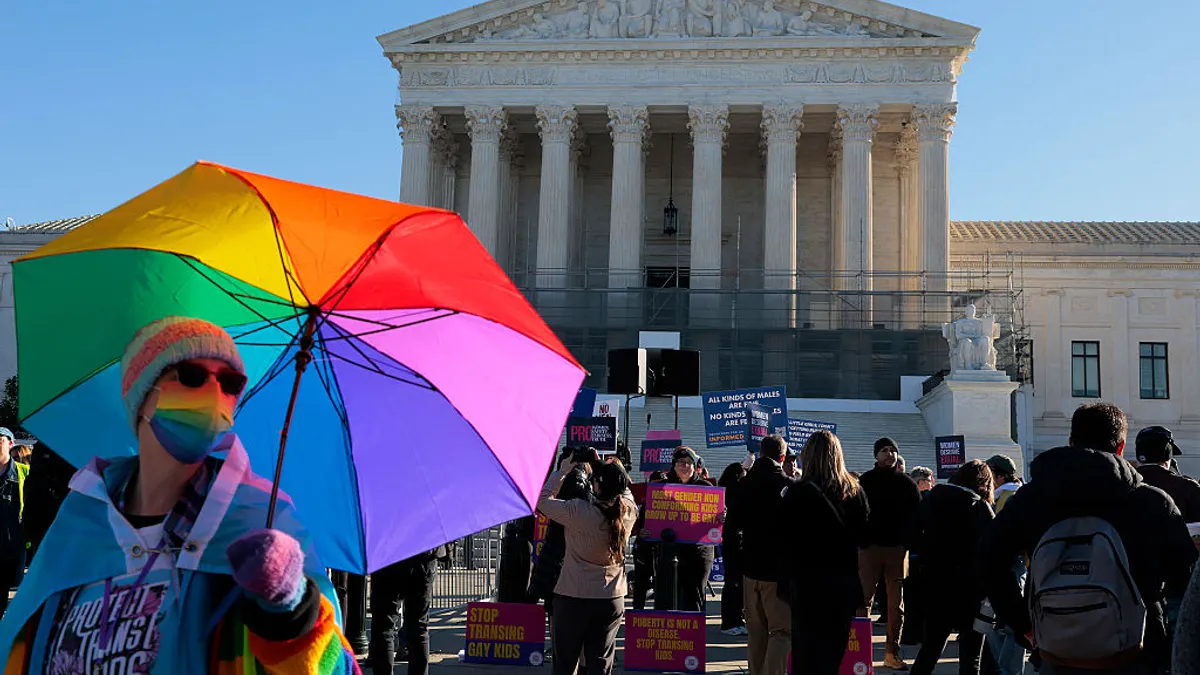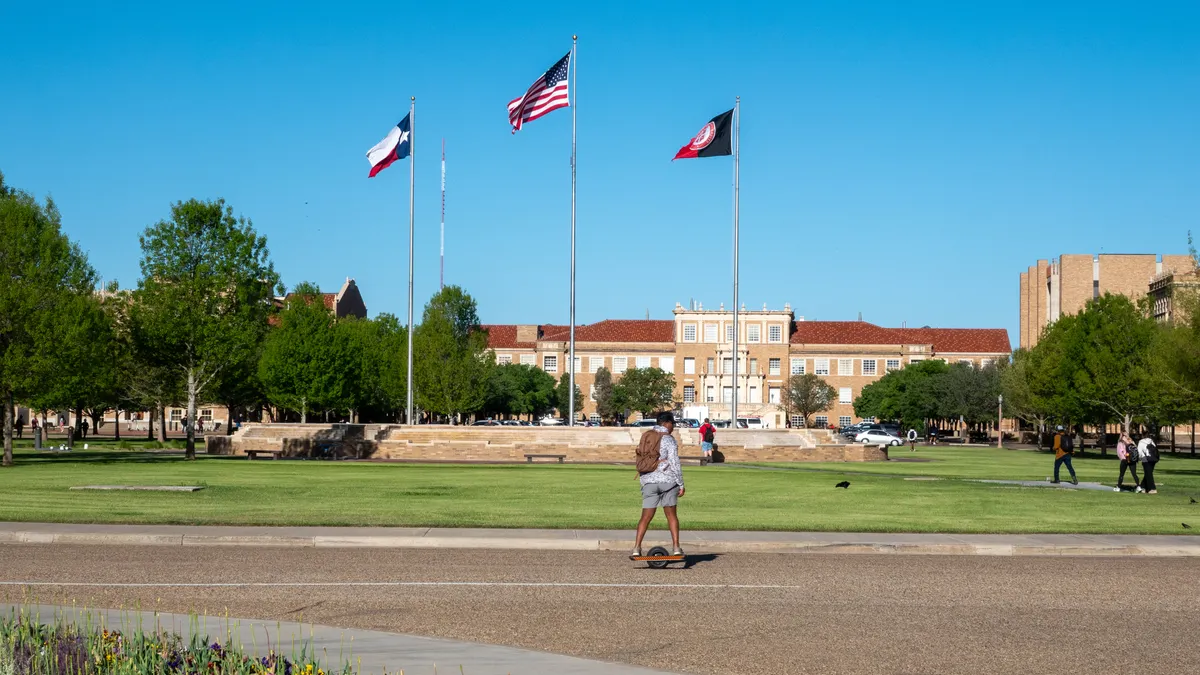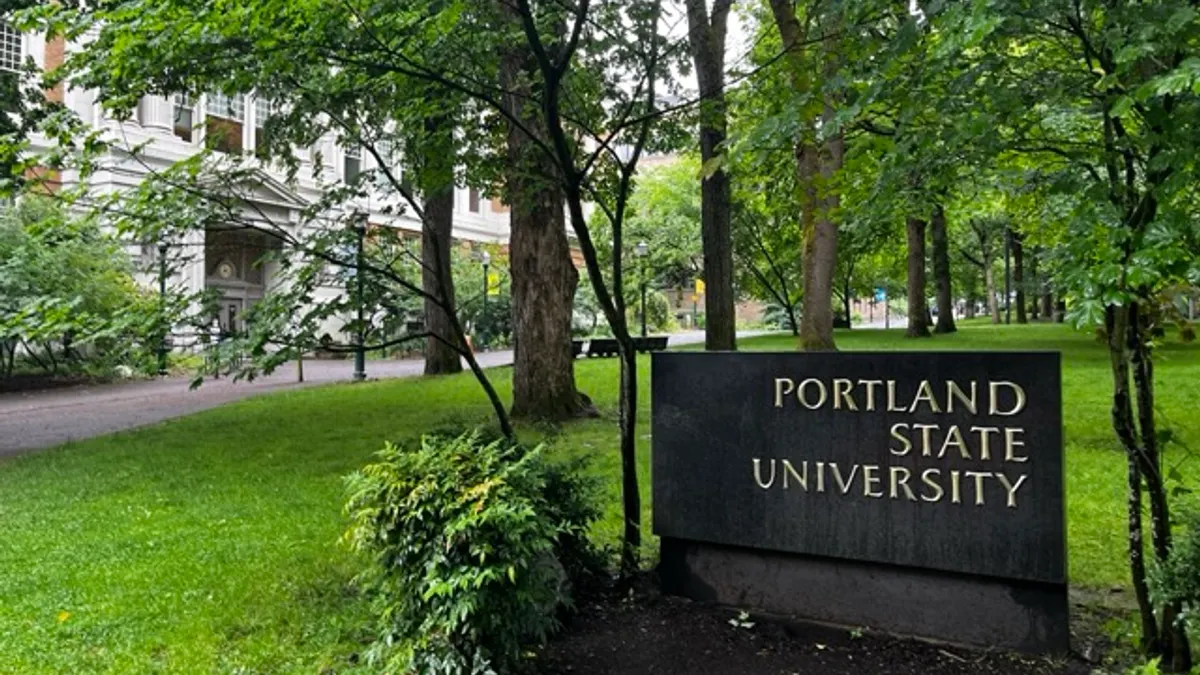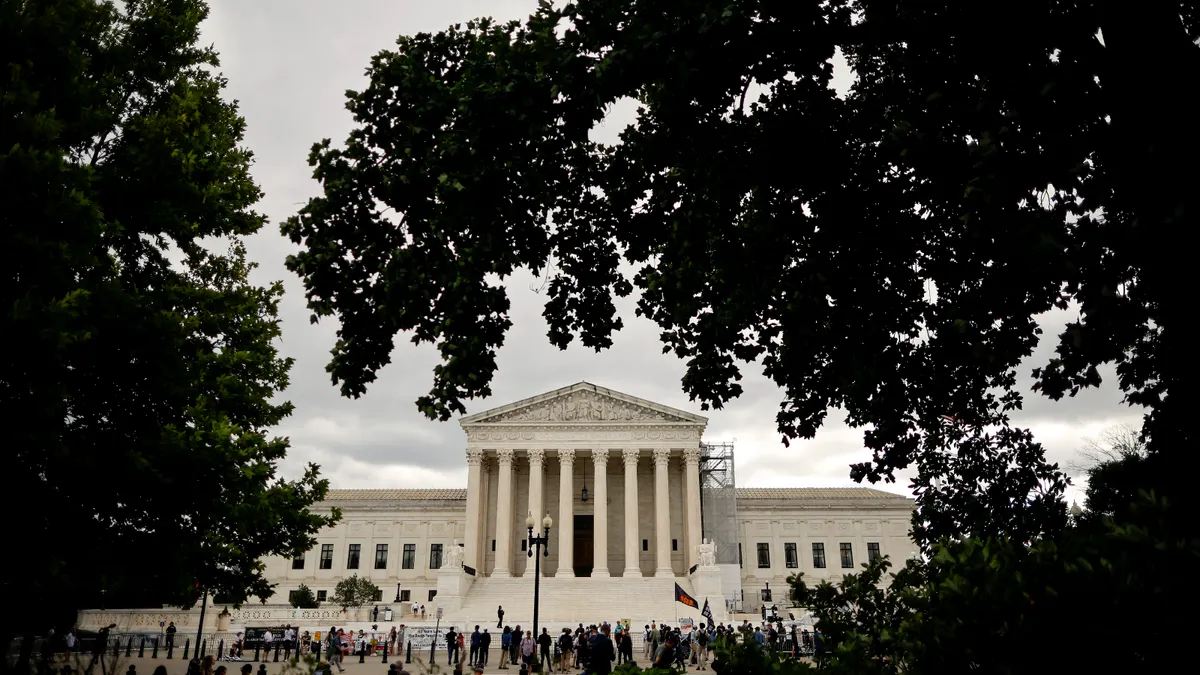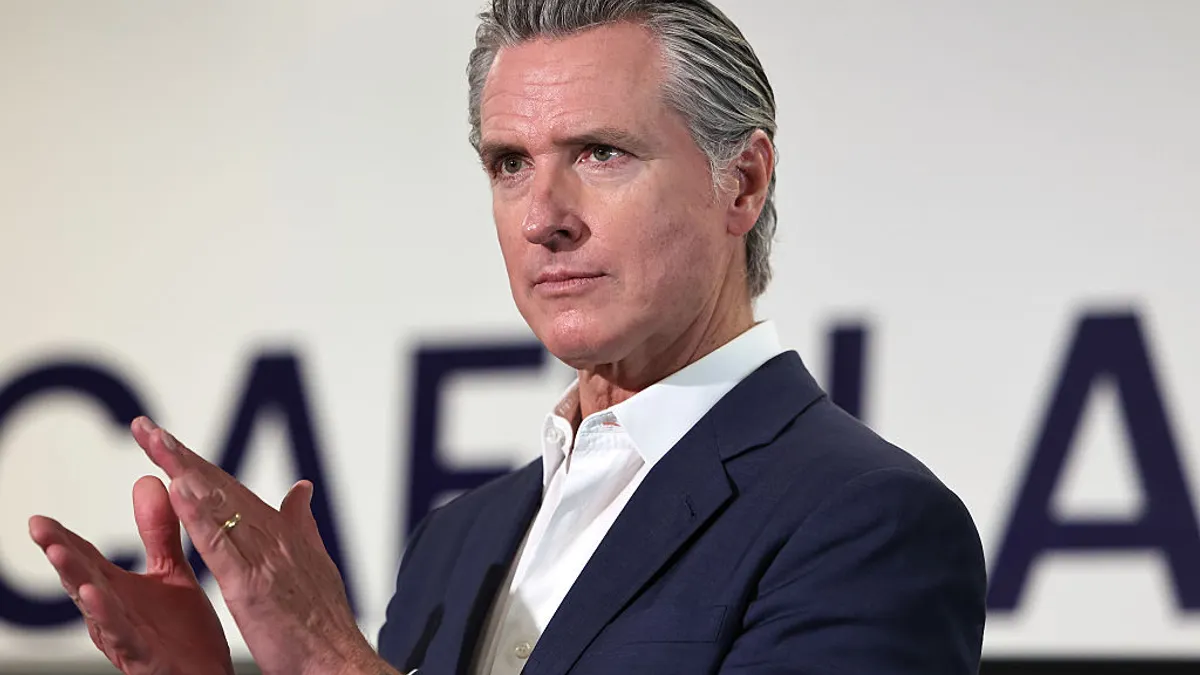The Trump administration will begin to "aggressively revoke visas for Chinese students," according to a short Wednesday announcement from U.S. Secretary of State Marco Rubio.
At the president's behest, the U.S. departments of State and Homeland Security will also make unspecified changes to the criteria for student visas and increase scrutiny of applications from students from China and Hong Kong.
Rubio called out Chinese students "with connections to the Chinese Communist Party or studying in critical fields," though he didn’t specify what those disciplines are.
His announcement described the moves as putting “America First, Not China," but it did not address how barring Chinese international students or limiting their studies would strengthen U.S. domestic or foreign agendas.
However, State Department spokesperson Tammy Bruce cited a potential reduction in the theft of U.S. research and copyright during a Thursday briefing.
The U.S. “will not tolerate the CCP’s exploitation of U.S. universities or theft of U.S. research, intellectual properties or technologies to grow its military power, conduct intelligence collection or repress voices of opposition," Bruce said.
She added later that such concerns are "not new or confusing."
Bruce described Rubio as handling the visa process “very openly and transparently” but declined to say which fields of study were of concern to the department, citing national security concerns.
"We don’t give details about what our methods are regarding visas," she said. "It might give up our hand and make certain things less effective."
DHS did not respond to questions Thursday.
Over 277,000 students from China studied at U.S. colleges during the 2023-24 academic year, second only to the number of international students from India, according to the most recent Open Doors report from the Institute of International Education and the State Department. Another 5,600 students came from Hong Kong.
Bruce declined to estimate how many students currently in the U.S. could be affected by the forthcoming visa revocations, dismissing reporters' interest in "the numbers."
Stricter student visa vetting ahead?
Since retaking office, President Donald Trump has prioritized cracking down on international students — especially those involved in activism on college campuses.
For instance, his administration is considering more rigorous social media vetting for international students.
Amid those conversations, Rubio directed all U.S. diplomatic and consular posts to stop scheduling new appointments for student visa applicants, per Politico.
Bruce said the pause is intended to be temporary and that students can still submit their visa applications at this time.
"There is an end point and it should be rather quick," she said.
An unnamed federal official also told The Associated Press on Tuesday the suspension does not affect applicants who have already scheduled visa interviews.
But a new lawsuit, filed Thursday by 15 student visa applicants, alleges that the pause for the vetting policy is unlawfully withholding access to visas.
Each student plaintiff has gained acceptance to a U.S. university and attended a visa interview between six and 18 months ago, the federal lawsuit said. The new pause on the application process will exacerbate the already "unreasonable delays" and put the students at further risk of losing their program spots, it argued.
Curtis Morrison, co-counsel for plaintiffs, noted Wednesday that the State Department has collected student applicants' social media data since 2019.
"These students and researchers were already waiting on the same national security vetting that the Trump administration is pretending to roll out as a new shiny thing," Morrison said in a statement. "The administration wants to pretend like the national security vetting they put in place in 2019 isn’t happening so that they can take credit implementing it all over again. It is a scam in plain sight.”
Other groups have taken issue with the proposal to heighten vetting. International students already represent the "most tracked and vetted category of nonimmigrants in the United States," said Fanta Aw, the CEO and executive director of the international higher ed association NAFSA.
"It is a poor use of taxpayer dollars to devote resources to screening students who are already subject to extensive background checks, while business visitors and tourists are not tracked at all," she said in a Tuesday statement.
Aw also noted that international students and scholars have historically contributed to the U.S.' position as an innovation and research powerhouse.
"Undermining their ability to study here is self-defeating," she said. "With these actions, the United States will alienate the very minds that fuel its success."
For colleges, part of international students' appeal is their tuition dollars. They are often ineligible for student aid and are more likely than U.S. students to pay full sticker prices. Foreign students also offer a boon to the U.S. economy, contributing more than $50 billion in 2023, according to the U.S. Department of Commerce.
However, Trump suggested Wednesday that international students are taking spots away from U.S. citizens at most selective colleges, specifically calling out Harvard University.
"We have people who want to go to Harvard and other schools; they can't get in because we have foreign students there," Trump said at the White House.
His administration last week revoked Harvard’s ability to enroll international students over allegations the university fostered a toxic climate by permitting "anti-American" agitators on its campus. A federal judge paused that decision a day later and extended the block indefinitely on Thursday.


